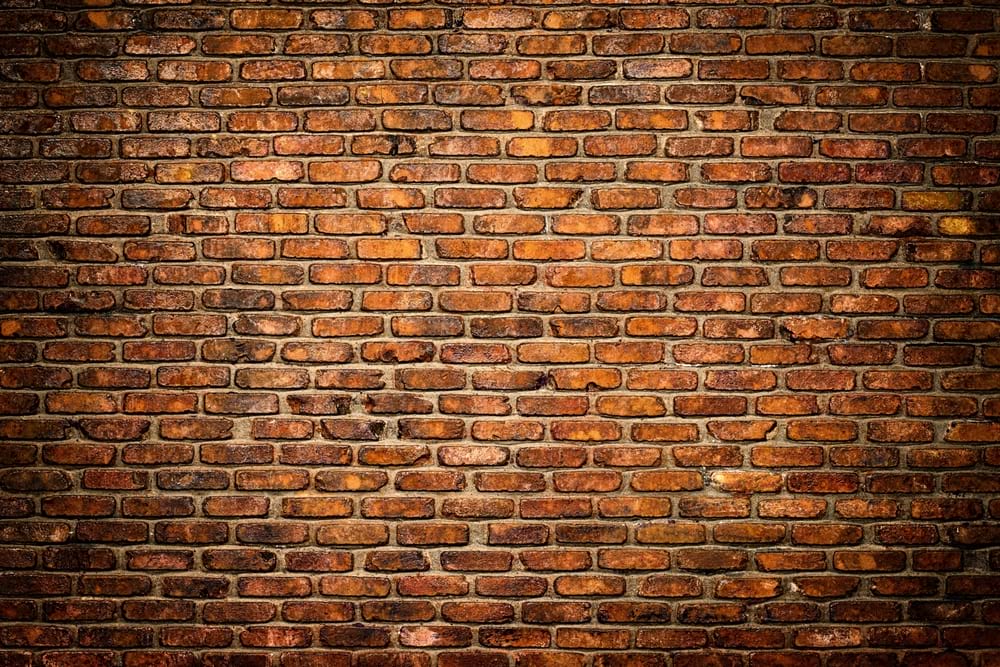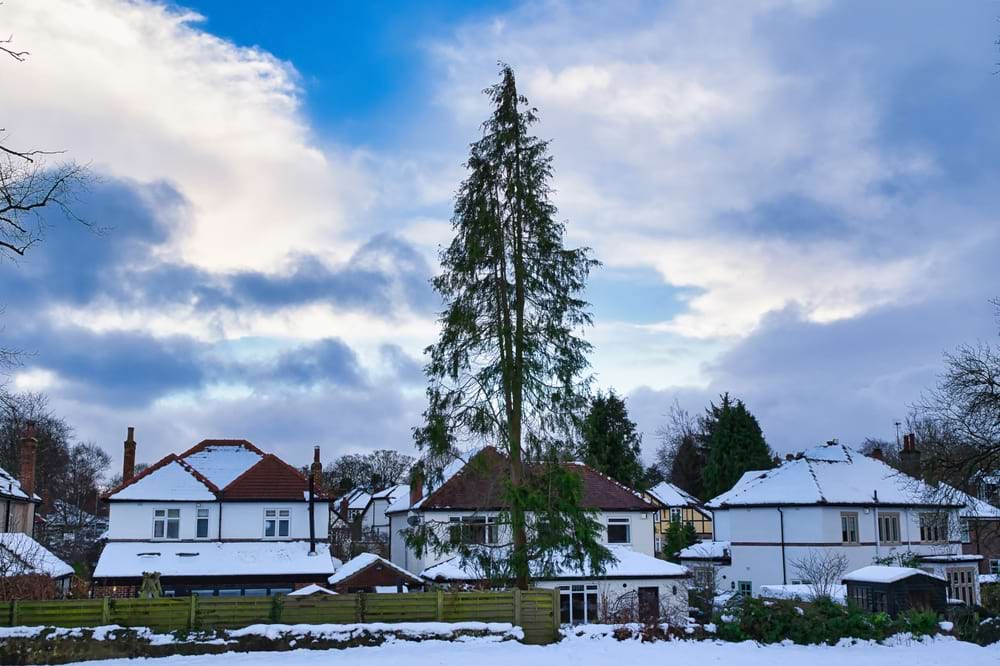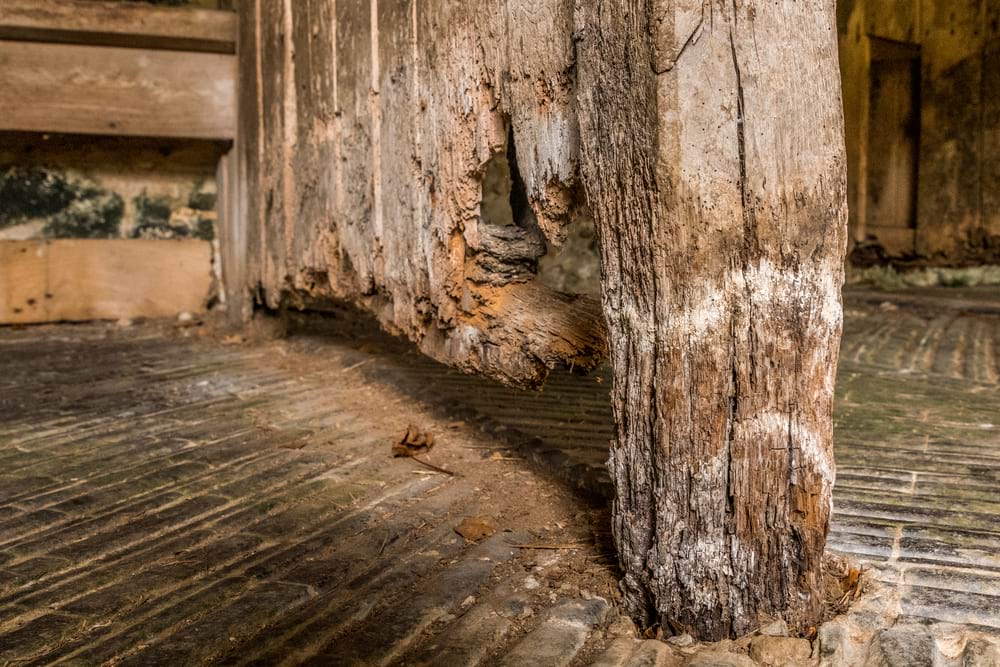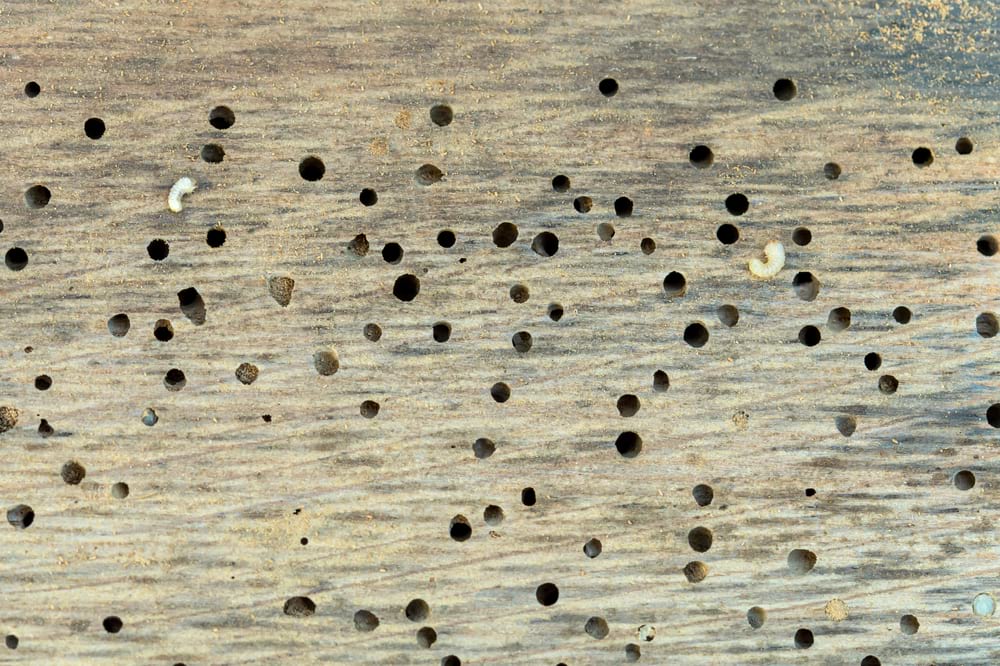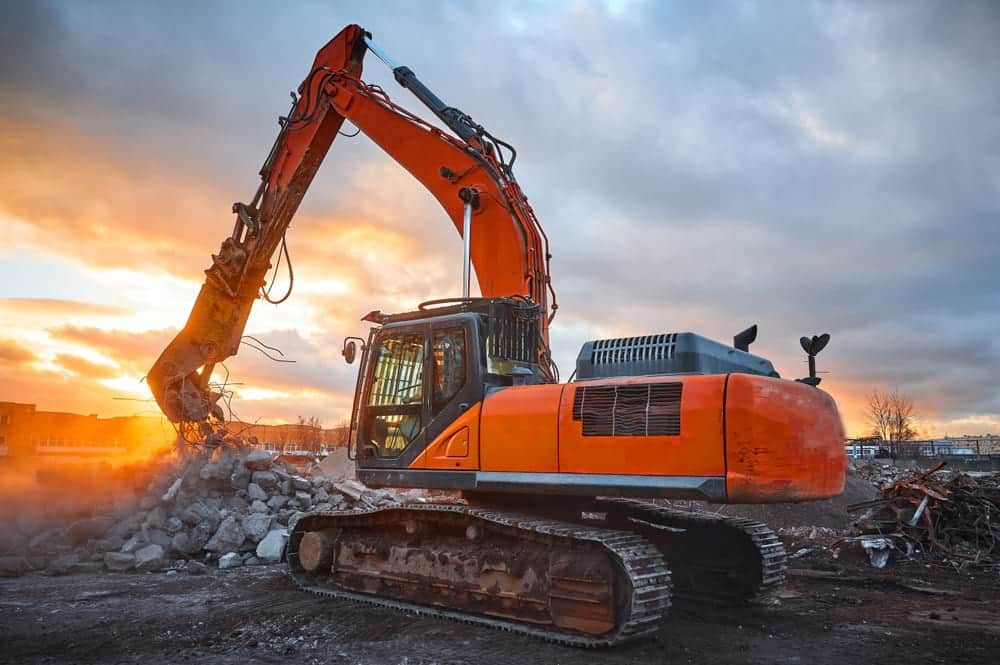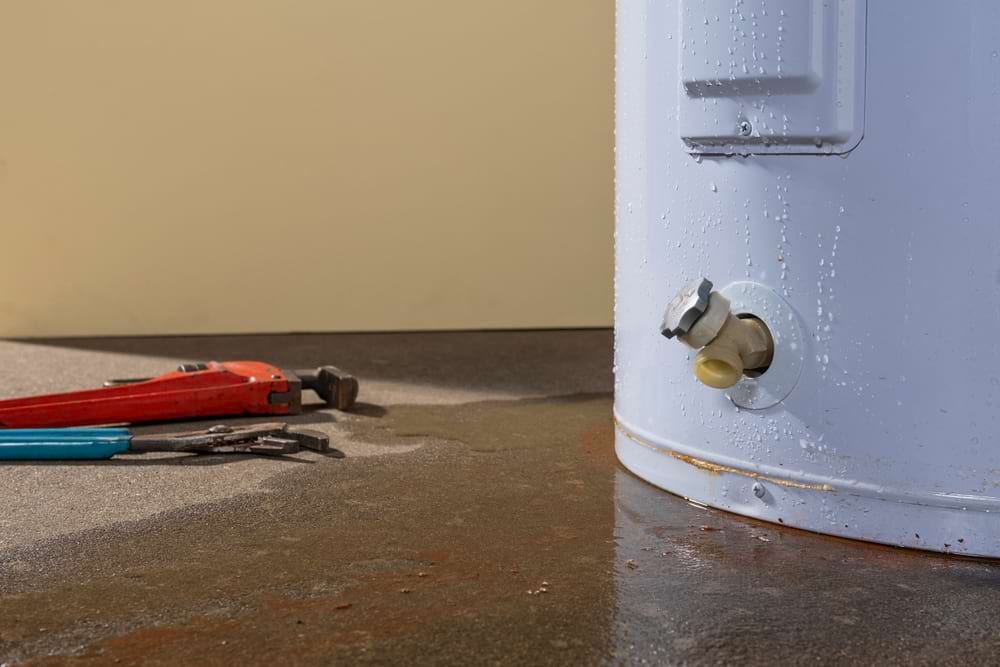Across the UK, you’ll find dozens of different property types.
The country also has a long history of homes of many styles.
So, period properties can be found all over the UK.
Read on to find out what period property is, its different types, and more.
Defining period properties
Period property generally refers to a type of property constructed in or before the early 20th century.
They often have a few key features in common, including:
- Spacious floor plans
- Fireplaces
- Large windows
- Chimneys
- Distinct brickwork
- Large panes of glass
- Gardens with a fountain and/or pavilion.
When you are buying a house, your estate agent will usually inform you if the house is a period property.
Similarly, online property listings will mention – or even include a filter for – this fact.
Estate agents and previous owners aren’t always able to tell you exactly when a property was built.
There are ways to find out this information, including checking the land registry and contacting your local authority.
Period properties vs. historic vs. listed properties
Period properties are a type of historic property. However, not all historic properties are period properties.
‘Historic’ implies a much broader range of property types. For example, art deco and brutalist property.
Meanwhile, listed properties are can be either historic or period properties. The difference is that they have been officially recognised as of historic or cultural significance (and graded on this).
Restrictions on period properties
Period properties often come with certain restrictions or conditions.
This is largely due to the fact that many are listed or in conservation areas.
Both of these conditions limit the structural or aesthetic changes the property owner can make.
They might also simply include unique features that need maintenance.
Thatched roofs are a common example. Or maybe covenants exist that limit extensions to the house.
Different types of period property
Although the term period property is not clearly defined, most people agree that four types of houses apply:
1. Elizabethan
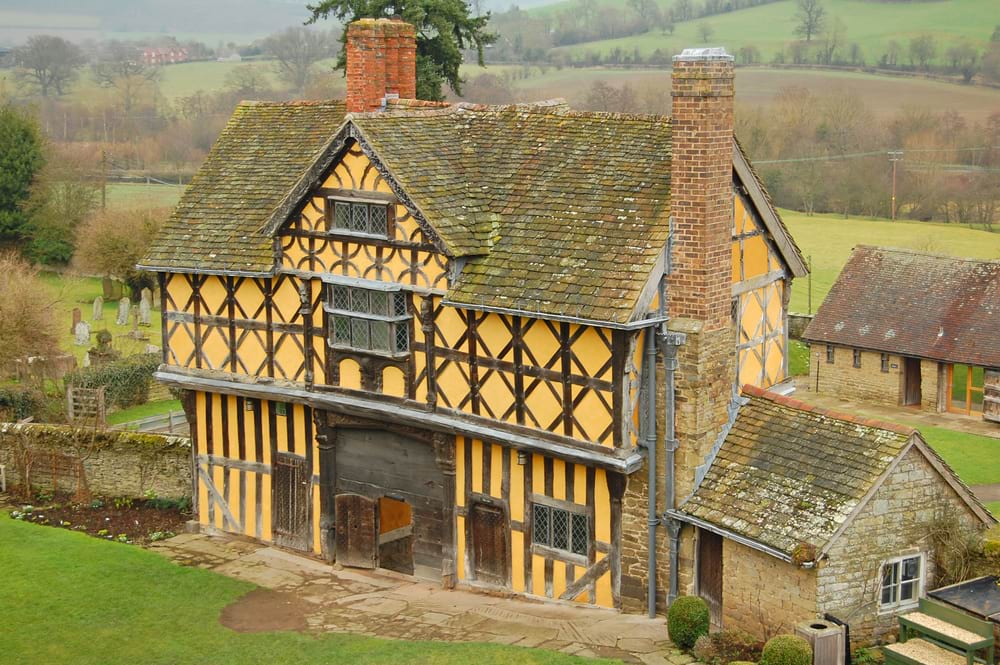
Elizabethan period properties were built during the reign of Queen Elizabeth I: 1558 and 1603.
Renaissance motifs were popular in architecture during this time. Flemish decoration was common, too.
Elizabethan-period properties tend to have several chimney stacks, towers, and gables.
Timber frames were still used, especially early on in this period and in smaller or older buildings. Later Tudor homes often used brick and stone.
2. Georgian
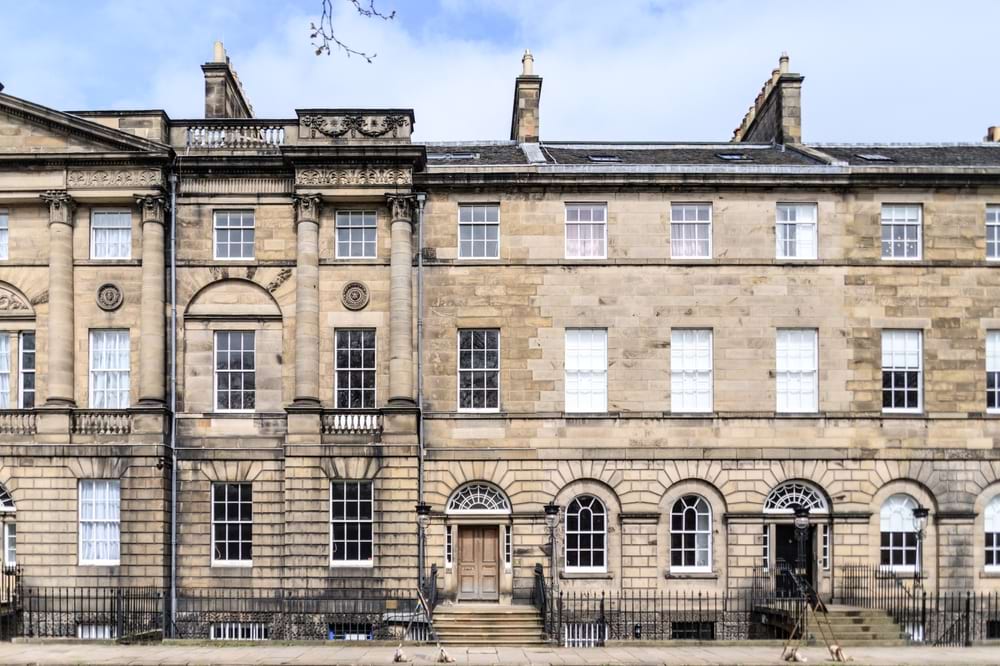
Georgian period properties were built between the period that kings George I – IV and William IV reigned: 1714 and 1837.
Symmetry was often favoured by architects working during this time.
New architectural developments made buildings three or four-storey buildings with high ceilings more common.
Staircases are just one distinctive feature of this kind of property. They often have:
- A straight or gently curved shape
- Ornate handrails
- Detailed and well-crafted balusters.
3. Victorian
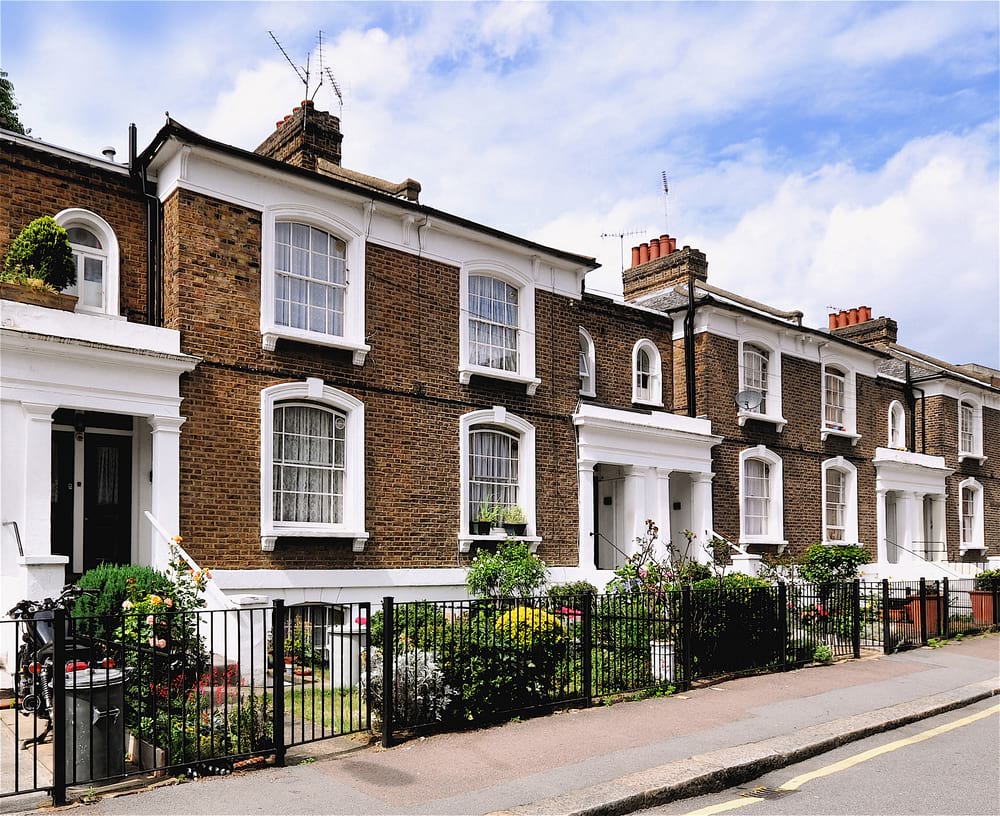
A Victorian period property was built during the reign of Queen Victoria: 1837 and 1901.
Colourful brickwork and floral wallpaper were popular during this time.
You might also see:
- Cast iron baths
- Iron railings
- Decorative facades
- Bay windows (i.e., windows that project outwards).
Gothic motifs appear in some properties from this period, too.
5. Edwardian
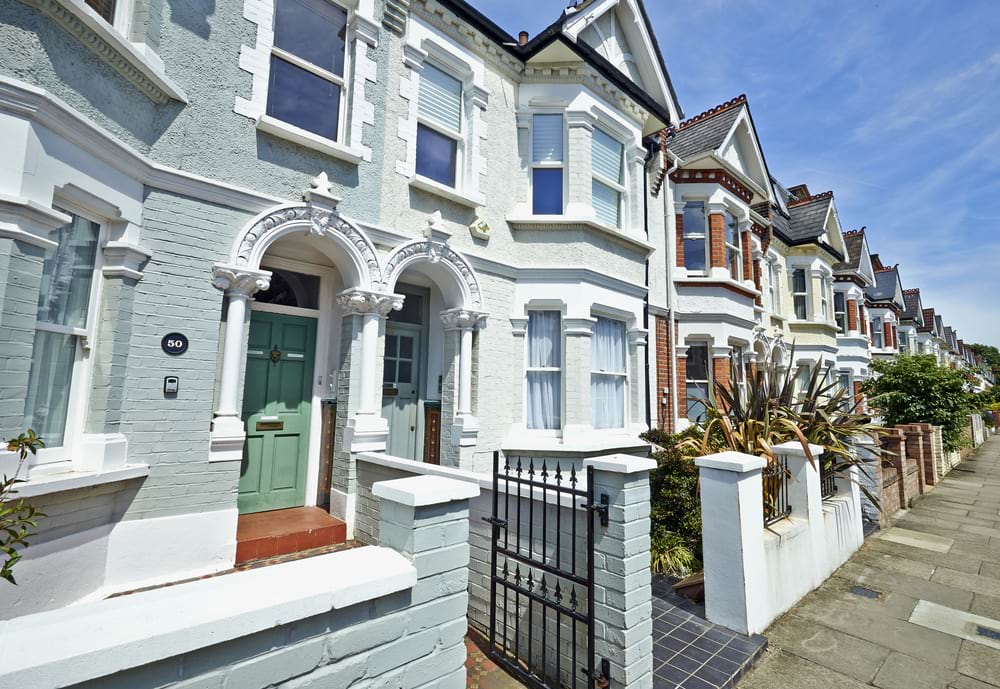
An Edwardian period property was built during the reign of King Edward VII, between 1901 and 1910.
Simplicity was a key aesthetic focus during this time. So, there aren’t often cluttered features in this type of property.
And you’ll find plenty of lighter colours. This was partly because innovations in gas technology (over coal) and fireplace designs reduced interior soot build-up.
How common are period properties?
Data suggests that approximately one-third of properties in the UK were built before World War One.
Victorian period properties are estimated to be the most common of these.
This stands to reason due to this period’s relative recency and high economic and population growth (the latter grew from 13.9 – 32.5 million).
Elizabethan and Georgian houses have often experienced significant renovation.
This is because the construction methods were very different. For example, the insulation and electrical systems needed updating.
Period property costs
Period properties are often sold at a premium in the UK.
Their unique appearances and features are difficult to recreate in modern-day houses.
This is due to planning restrictions and developers keen to fit many properties into a small space.
As such, estate agents will focus on a house being ‘period’ as part of their marketing.
It often attracts people with a larger budget to spend.
Speak to an estate agent if you want them to point you towards period properties near you.
Getting mortgages for period properties
If your period property has not been renovated or updated at all since its first construction, you might struggle to get a mortgage.
This is because the electrical, gas or plumbing systems might be unacceptable by modern standards.
But many period properties have been converted. This means that the attractive features remain, such as high ceilings or large windows.
But work has been done to make the house acceptable to lenders. This could be:
- Strengthening the foundations
- Adding insulation
- Updating the electrical system
- Replacing the boiler.
These are some of the main things lenders will be concerned about. Many will give homeowners feedback after inspecting properties and assessing their condition.
Sellers who don’t want to improve their property might have to sell at a reduced price to cover their costs for updating the core features.
A lot of time and effort is involved in the process, too.
Speak to a mortgage lender for more advice on their guidelines and to assess the condition of your period property.
Advantages of period properties
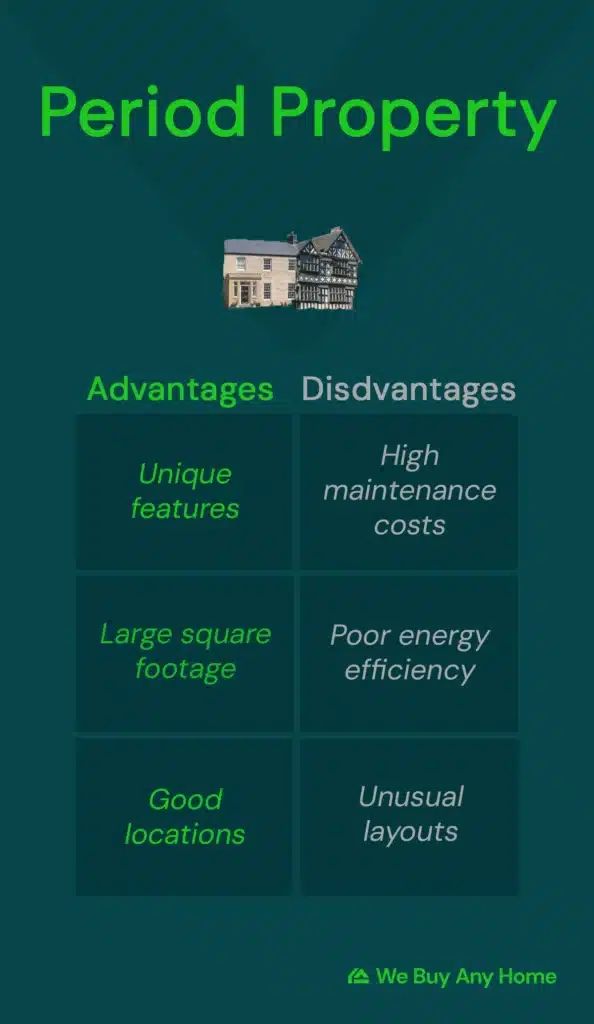
Unique features
Period properties often have unique features.
Their advantages in this respect are similar to those of older properties over newer ones.
You’ll find beautifully designed fireplaces, large windows, a fountain in the garden, and high ceilings.
This sets your house apart from others on the market and attracts buyers.
Large square footage
Most period properties also have large square footage. Large families will prefer this. You can sell your house for a higher price as a result, when the time comes.
In many cases, period properties have better parking resources. This is because most have a long driveway that is entirely your own.
Good location
It’s possible that the house will be in an ideal location too, as they were built when space was easy to find.
So it’s common to find them closer to town centres, train stations, and other sought-after areas.
Disadvantages of period properties
High maintenance costs
Maintenance costs tend to be higher for a period property.
This is partly because the house is larger. The electrical, plumbing and gas systems might also be outdated. This could need a specialist to fix when a problem arises, pushing your costs up.
Poor energy efficiency
As part of this, most period properties have poor energy efficiency. This is because the house doesn’t usually have effective insulation.
Unless you want to invest in fixing this, which can cost several thousands, your energy bills tend to be higher.
Strange layouts
Some period properties have very strange layouts, and the doors might be slightly smaller than usual.
This limits the extensions or structural changes you can make if the property is listed or on a conservation area.
Buying a period property
Whether its worthwhile or not buying a period property depends on your personal situation and goals.
Period properties are more expensive to maintain. So, if most of your equity is tied up in your home, they aren’t ideal.
Period properties are a great choice if your property’s appearance is a central concern. You’ll get several unique features that you can’t find anywhere else.
Period properties are potentially an excellent investment for those willing to renovate. After all, there’s no shortage of people interested in buying this property type later.
But first find out how willing banks are to lend money on the house. If they’re concerned about its current condition, this will translate into significant renovation costs.
